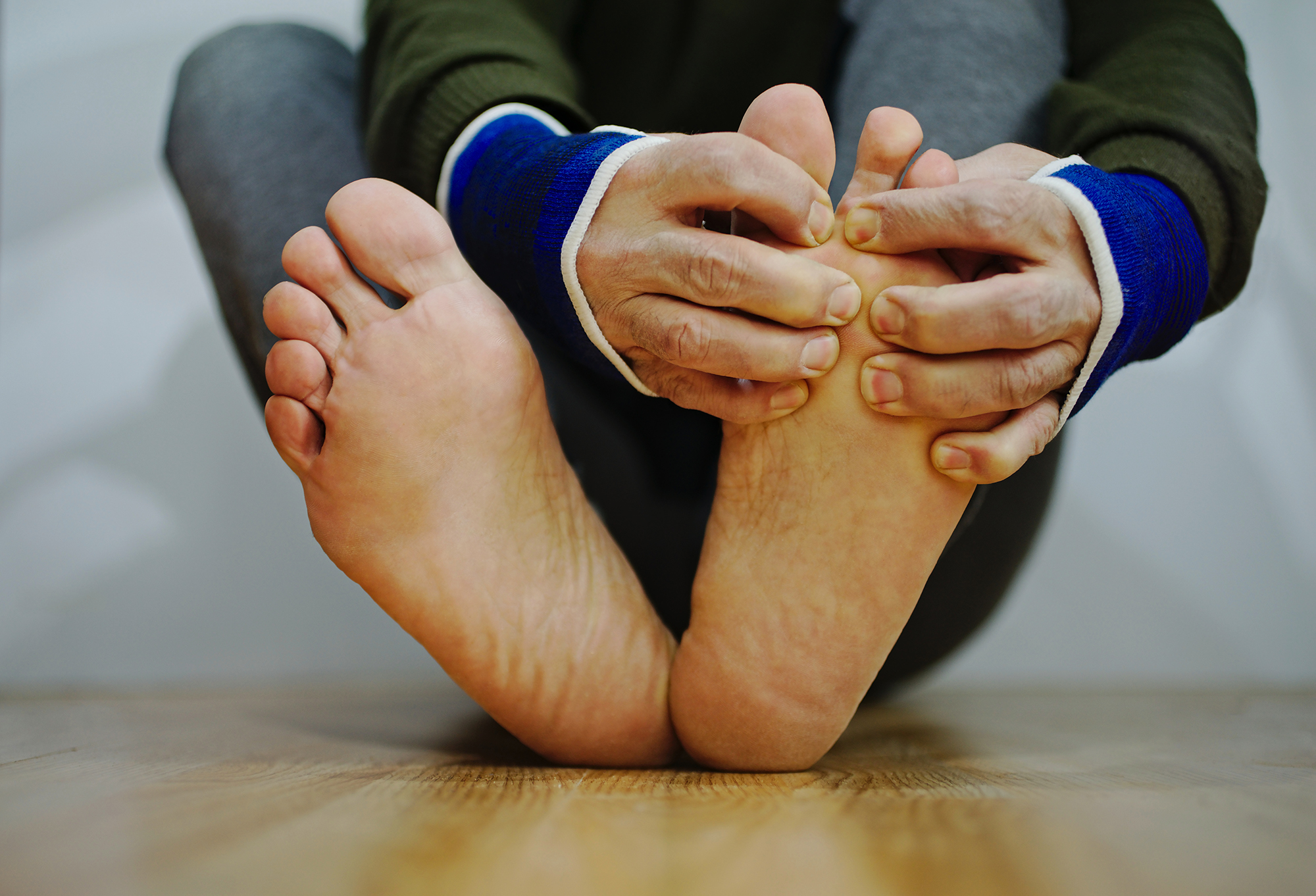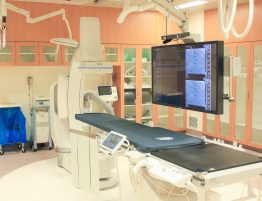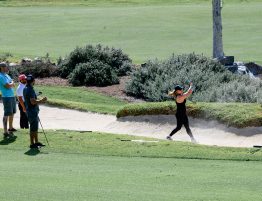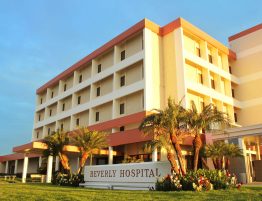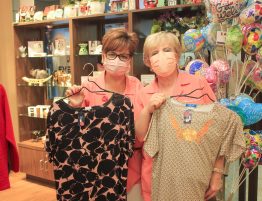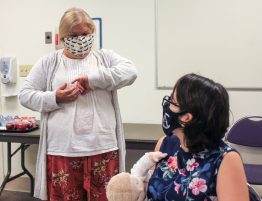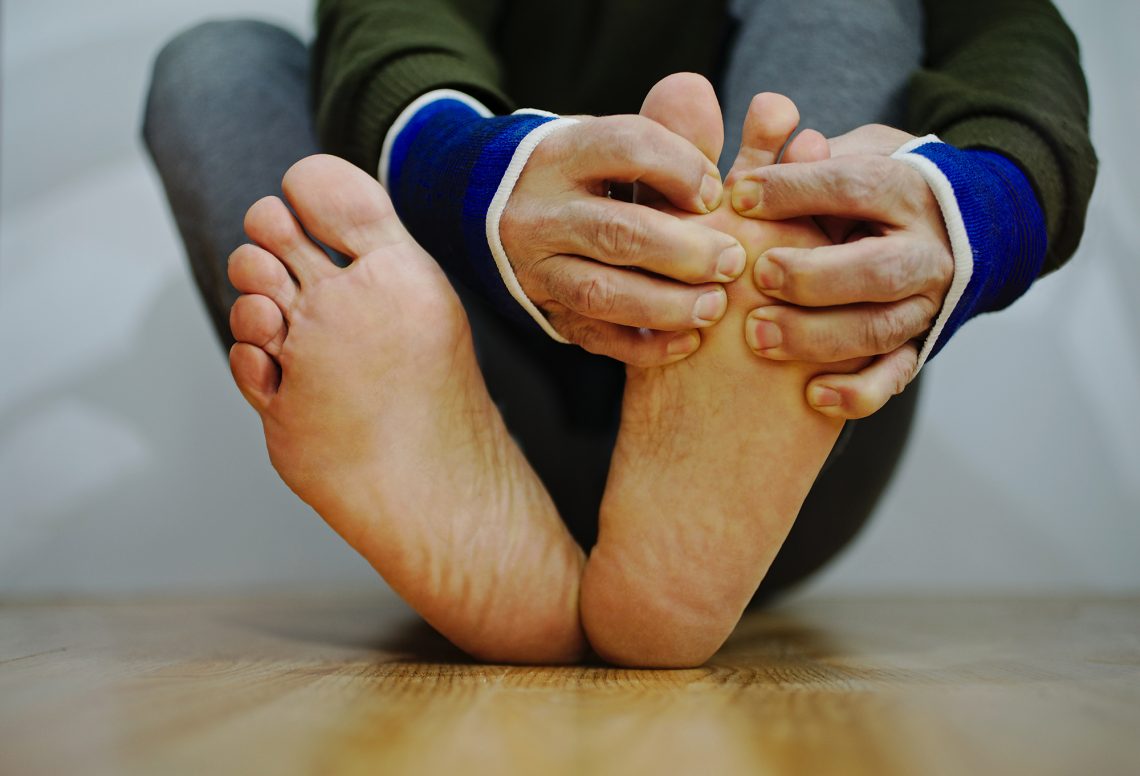
November is American Diabetes Month® and is a great way to bring awareness and education to the 29.1 million Americans who have diabetes and their families. It serves as an important reminder that those with diabetes can reduce their risk of non-healing foot wounds, such as foot ulcers, and amputations through simple means such as checking their feet. For those who need extra help, Beverly Hospital’s Center for Advanced Wound Healing and Hyperbaric Medicine is here and can provide guidance for prevention and treatment of foot ulcers.
For most people, a blister or cut on the foot is a small inconvenience that a bandage and some time will heal. However, that is not always the case for those with diabetes. 60% to 70% of people with diabetes have limited or no feeling in their feet—their early warning systems to tell them that there is an open wound have been altered or completely shut down by nerve damage. If left undetected, a small cut can develop into a foot ulcer. If left untreated, a foot ulcer may become infected which could lead to amputation.
It is vital that patients with diabetes check their feet daily and get regular foot care from their doctor. Beverly Hospital’s wound care center recommends checking your feet when you wake up and before going to sleep. If you can’t see the bottom of your feet easily, use a mirror. Look for the following signs:
- Open sores
- Red patches of skin
- Blisters
- Calluses
- Ingrown toenails
- Numbness
Once an open wound is located, seek immediate treatment from your doctor or at a wound care center. The World Health Organization estimates that up to 80 percent of all diabetic amputations are preventable. “It’s much easier to treat a minor foot problem before it becomes serious,” said Dr. Charles Ananian, DPM and Co-Medical Director of the Wound Care Center. “Many patients we see have a diabetic foot ulcer. This type of non-healing wound is a leading cause of hospitalization and amputation for people with diabetes.”
Quality Care Is Here
The Center for Advanced Wound Healing and Hyperbaric Medicine at Beverly Hospital provides a comprehensive approach to treating patients with non-healing wounds. It is open Monday – Friday from 8:00am to 5:00pm and is located at 413 N Poplar Ave., Montebello, CA 90640. Allow us to provide quality care. For more information about wound care, diabetes assistance, or to schedule an appointment:

